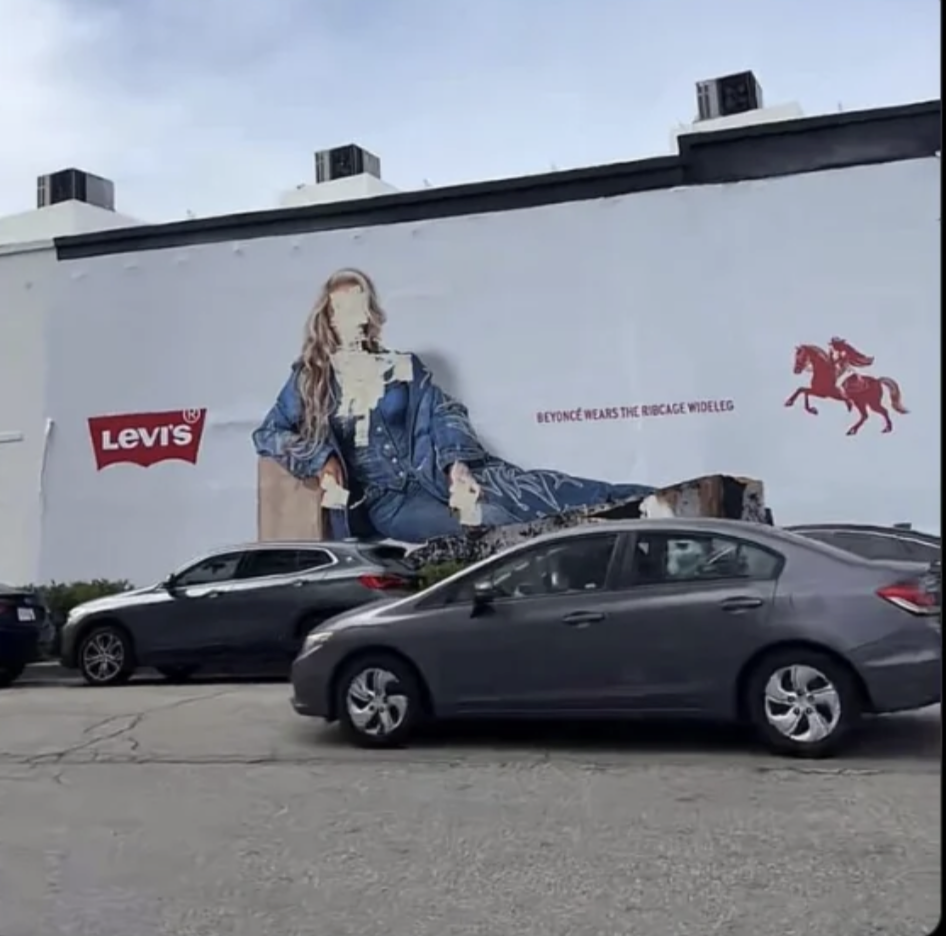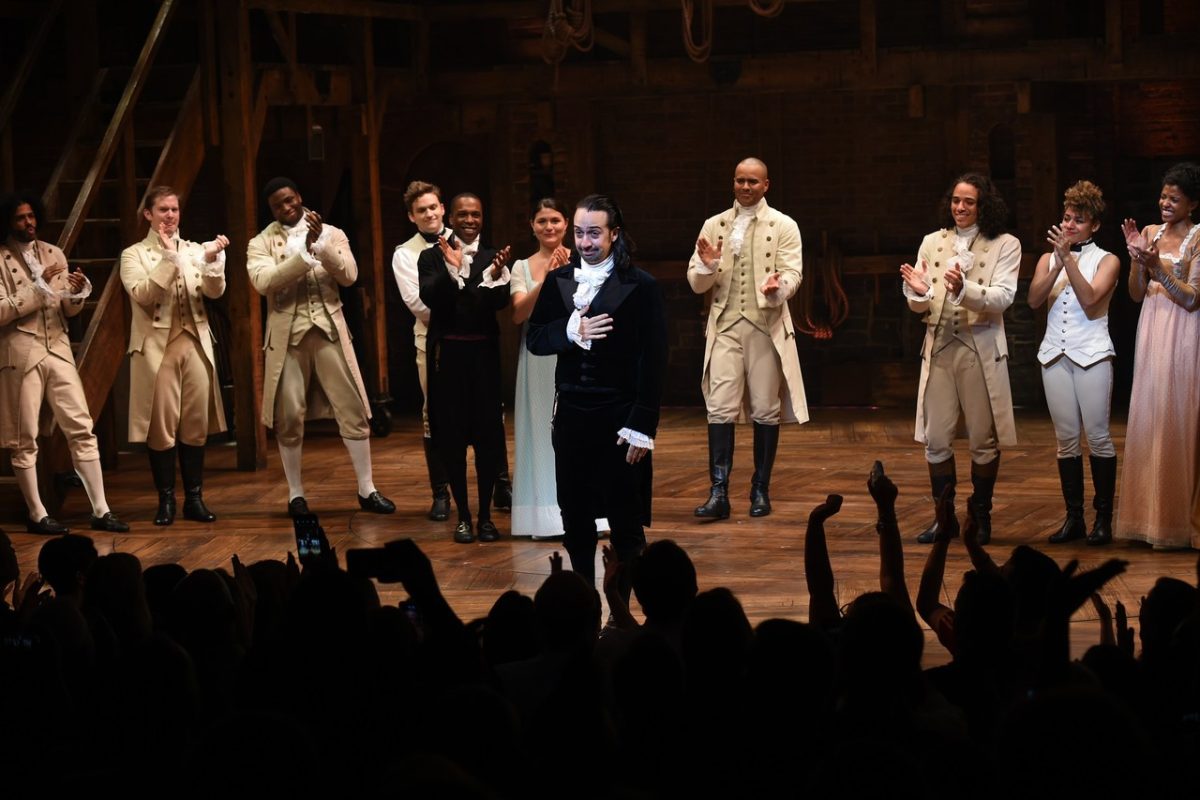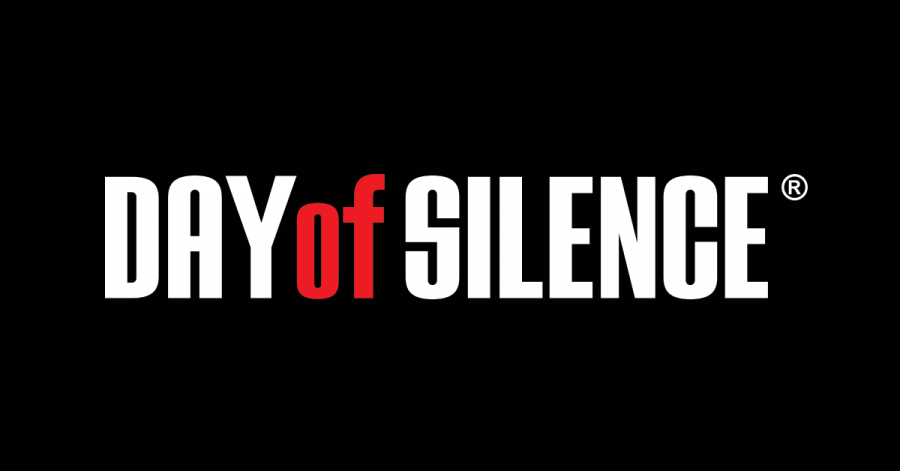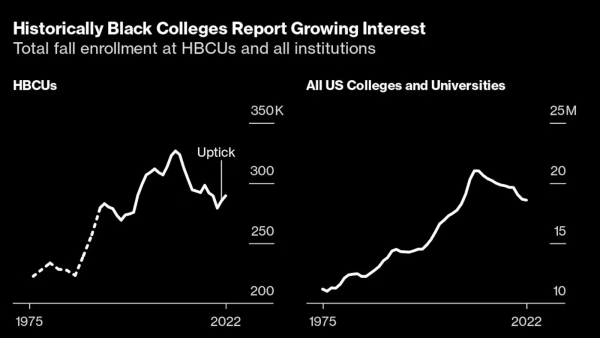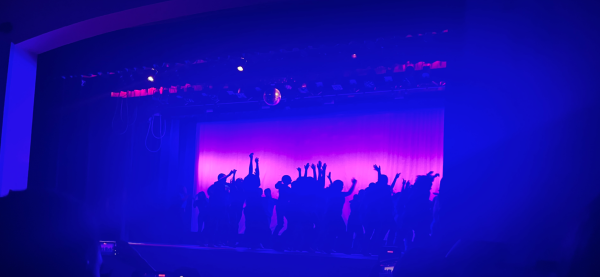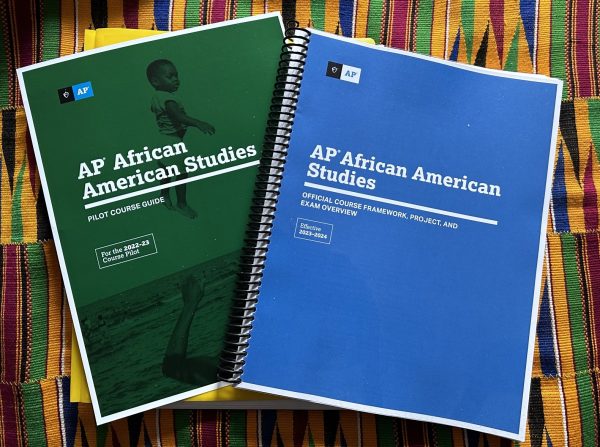The Day of Silence Speaks Volumes in the Silencing of LGBTQ Students
Silence can be a very degrading tool, but for the Day of Silence, it can speak volumes and can challenge others to think of the voices of the LGBTQ community that are constantly suppressed.
Every year, students of Gay Straight Alliance clubs across America participate in the Day of Silence and vow to take a form of silence to raise awareness to LGBTQ harassment, injustice and erasure within the education system.
The suffering of LGBTQ youth within schools often go unnoticed, as their stories and their struggles are silenced by positions in power. With sexual orientation and gender identity being the top two reasons for bullying, school is often a source of blatant degradation for LGBTQ youth. High school students who identify as gay, bisexual or transgender are more at risk to self-harm and attempt suicide than their heterosexual counterparts. The Day of Silence works to fight against the silencing effect of LGBTQ erasure and to bring into light the lives who are affected by that silence.
Silence can be a very degrading tool, but for the Day of Silence, it can speak volumes and can challenge others to think of the voices of the LGBTQ community that are constantly suppressed.
I had the pleasure of interviewing West Orange High School’s GSA club executive, Dylan Cohen to discuss the importance of the Day of Silence.
Similar to other protests, the Day of Silence takes time to plan, prepare and execute, but the silence is what often raises the most questions. To deal with people who don’t understand the protest, Dylan says that participating GSA members try their best using informative stickers and posters to help others understand the unique protest.
Through the Day of Silence, the GSA hopes to end the erasure of LGBTQ community in health classes in order to create an LGBTQ inclusive environment where queer teenagers can feel accepted, and represented within the education system. Dylan mentioned that, ¨Health class does mention a very minuscule thing about how gay people exist, but they don’t even go into anything else [in depth] It’s gay people, bisexual and straight people if even that. We [GSA] are looking to get it normalized that gay people are people just like everyone else.”
Although the LGBTQ community is heavily silenced in our history, Dylan recognizes that it is something that should be learned and embraced within our society through books, movies, and other platforms in school curriculum. From Dylan’s perspective, learning about the LGBTQ community in schools from a young age could potentially end the shame that people feel toward their sexuality when they don´t grow up learning about or seeing it in a positive light.
¨Of course there are going to be people who think that it´ll turn their children gay, but I think that [LGBTQ inclusive education curriculum] will be a really good idea. Personally for me, I knew I wasn’t straight around 4 or 5. I didn’t know what gay was, but I knew that I wasn’t straight. I wish I knew more about it. I think it would help kids realize their sexuality at a young age, and that shouldn’t be anything we hide from them.¨
A change in the way that the older generation views the LGBTQ community would be a major game changer that Dylan hopes to see in the future, and things like the Day of Silence are just one of many ways to do that. The shame that people feel toward their sexuality is often because of the people around them, and their upbringing. However with the younger generation becoming more self aware of their sexual identity, Dylan suggests that family relationships with “more openness” would encourage older generations to learn about it and accept their family members for who they love.
GSA club executive, Dylan hopes to see new faces at next week’s GSA meeting, where every Tuesday in room 4312 members discuss current events, come together as an inclusive community and make strides toward creating an LGBTQ supportive education system.
























